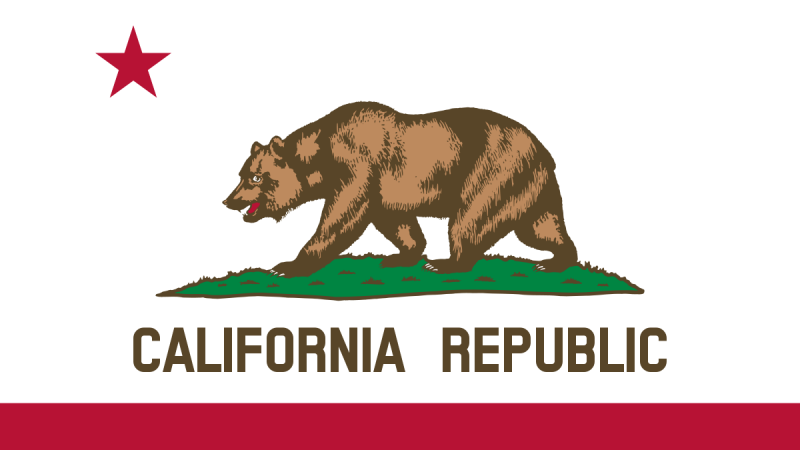California Governor Proposes Millions in Public Defender Funding To Settle Sixth Amendment Lawsuit
The ACLU argues the lack of state funding and oversight creates an unconstitutional lack of access to legal counsel in poorer California counties.

California Gov. Gavin Newsom (D) is proposing to provide $14 million dollars in additional funding to public defender offices to settle a lawsuit by the American Civil Liberties Union (ACLU), in which the group argued that the state was derelict in its constitutional duty to provide adequate legal defense to defendants who can't afford a lawyer.
California is one of only four states that does not provide state-level oversight or funding of public defenders for routine trial services, but Newsom's proposed 2020-21 budget, released today, would allocate $4 million to expand the scope of the Office of the State Public Defender (OSPD), which currently only handles death penalty appeals, and offer $10 million in grants for county public defender offices.
The ACLU of Northern California, along with the law firms Morgan, Lewis & Bockius LLP and Paul Hastings LLP, filed a civil rights lawsuit against California and Fresno County in 2015. The suit argued that the lack of state-level funding and oversight created gross disparities in access to legal counsel between rich areas like San Francisco County and poorer ones like Fresno County.
The Supreme Court ruled in the landmark 1963 case Gideon v. Wainwright that the Sixth Amendment guarantees defendants' right to effective legal counsel. However, as I wrote in a 2017 column for Reason on the "disappearing Sixth Amendment," states "have undercut the Gideon guarantee by chronically underfunding public defender services."
"The Supreme Court's decision in Gideon requires states to provide lawyers to people who face criminal charges but cannot afford to hire a private lawyer," says Emma Andersson, senior staff attorney with the ACLU's criminal law reform project. "For decades, California has delegated this responsibility to individual counties and made no effort to ensure that these county-run systems are in fact upholding the Sixth Amendment rights of accused people. As a result, the wealth disparities that exist between different counties in California are too often reflected in the public defense services that people receive."
The 2008 financial crisis exacerbated the problem as local governments looking to trim their budgets targeted public defender offices. As a result of staffing cuts, the lawsuit said, "felony attorneys in the Fresno County Public Defender's Office therefore carry more open cases at any given time than the State Bar of California recommends a felony attorney handle in an entire year."
In September 2013, the Fresno Public Defender's Office union warned that excessive caseloads were "jeopardizing our client[s'] constitutional rights on a daily basis." One of the plaintiffs in the lawsuit, Peter Yepez, did not see a public defender until he had spent almost a month in the Fresno County jail.
California is not alone. A 2014 study by the American Bar Association (ABA) found that in 97 percent of cases, Missouri public defenders failed to meet the ABA's recommended minimum hours to effectively represent their clients.
In 2018, a report by the Sixth Amendment Center found that Oregon's public defender system was plagued by bureaucracy and structural flaws that likely violated the Constitution.
And in 2016 in Louisiana, where about 85 percent of criminal defendants qualify for a court-appointed attorney, 33 of the state's 42 public defender offices started turning away cases they no longer had the resources to handle, arguing that whatever legal assistance they could provide would be so ineffective as to violate defendants' constitutional rights anyway.
The California government denied that its public defender system violates the Sixth Amendment, and, as part of the settlement agreement, it did not admit to any of the ACLU's claims. The new funding is contingent on the state legislature passing Newsom's budget.
As part of Fresno County's settlement agreement, the county must maintain funding levels for its public defender office and conduct regular reviews of defender caseloads to make sure they are within the recommended guidelines.
"The Constitution does not permit the right to a meaningful defense and the presumption of innocence to depend on how much money you have or what county you live in," Andersson says. "It's past time for California to do better."
